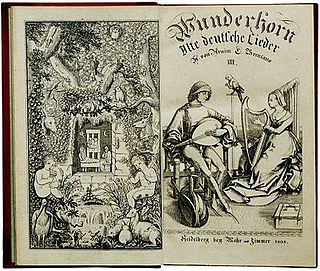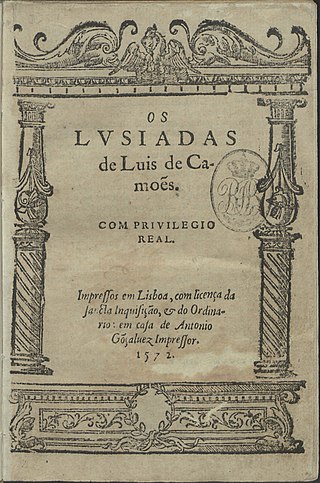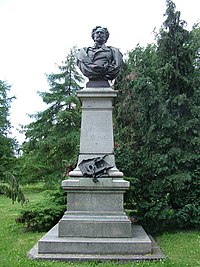
Romanticism was an artistic and intellectual movement that originated in Europe towards the end of the 18th century. The purpose of the movement was to advocate for the importance of subjectivity, imagination, and appreciation of nature in society and culture in response to the Age of Enlightenment and the Industrial Revolution.

Symbolism was a late 19th-century art movement of French and Belgian origin in poetry and other arts seeking to represent absolute truths symbolically through language and metaphorical images, mainly as a reaction against naturalism and realism.

Gérard de Nerval, the pen name of the French writer, poet, and translator Gérard Labrunie, was a French essayist, poet, translator, and travel writer. He was a major figure during the era of French romanticism, and best known for his novellas and poems, especially the collection Les Filles du feu, which included the novella Sylvie and the poem "El Desdichado". Through his translations, Nerval played a major role in introducing French readers to the works of German Romantic authors, including Klopstock, Schiller, Bürger and Goethe. His later work merged poetry and journalism in a fictional context and influenced Marcel Proust. His last novella, Aurélia ou le rêve et la vie, influenced André Breton and Surrealism.

In literature, Romanticism found recurrent themes in the evocation or criticism of the past, the cult of "sensibility" with its emphasis on women and children, the isolation of the artist or narrator, and respect for nature. Furthermore, several romantic authors, such as Edgar Allan Poe, Charles Maturin and Nathaniel Hawthorne, based their writings on the supernatural/occult and human psychology. Romanticism tended to regard satire as something unworthy of serious attention, a view still influential today. The Romantic movement in literature was preceded by the Enlightenment and succeeded by Realism.

The Order of Saint Andrew the Apostle the First-Called is the highest order conferred by both the Russian Imperial Family and by the Russian Federation . Established as the first and highest order of chivalry of the Russian Tsardom and the Russian Empire in 1698, it was removed from the honours system under the USSR before being re-established as the top Russian civil and military order in 1998.

Portuguese literature is literature written in the Portuguese language, from the Portuguese-speaking world. It can refer to Lusophone literature written by authors from Portugal, Brazil, Angola, Mozambique, and other Community of Portuguese Language Countries. This article focuses on Portuguese literature sensu stricto, that is, literature from the country of Portugal.

Romantic poetry is the poetry of the Romantic era, an artistic, literary, musical and intellectual movement that originated in Europe towards the end of the 18th century. It involved a reaction against prevailing Enlightenment ideas of the 18th century, and lasted approximately from 1800 to 1850. Romantic poets rebelled against the style of poetry from the eighteenth century which was based around epics, odes, satires, elegies, epistles and songs.

Louis Jacques Napoléon Bertrand, better known by his pen name Aloysius Bertrand, was a French Romantic poet, playwright and journalist. He is famous for having introduced prose poetry in French literature, and is considered a forerunner of the Symbolist movement. His masterpiece is the collection of prose poems Gaspard de la Nuit published posthumously in 1842; three of its poems were adapted to an eponymous piano suite by Maurice Ravel in 1908.

João Baptista da Silva Leitão de Almeida Garrett, 1st Viscount of Almeida Garrett was a Portuguese poet, orator, playwright, novelist, journalist, politician, and a peer of the realm. A major promoter of theater in Portugal he is considered the greatest figure of Portuguese Romanticism and a true revolutionary and humanist. He proposed the construction of the D. Maria II National Theatre and the creation of the Conservatory of Dramatic Art.
This page is based on this
Wikipedia article Text is available under the
CC BY-SA 4.0 license; additional terms may apply.
Images, videos and audio are available under their respective licenses.









